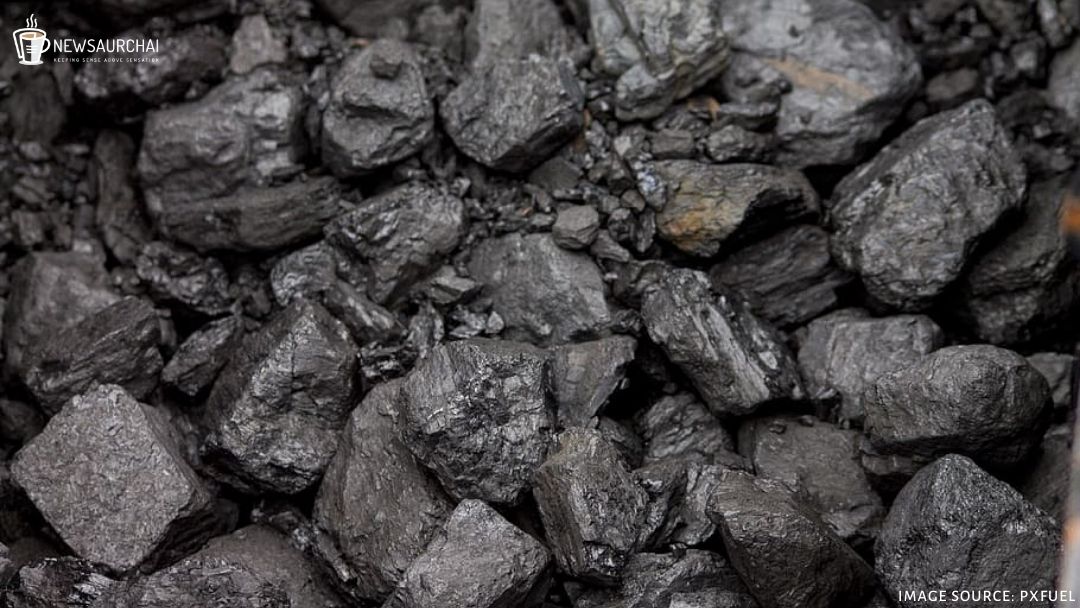
The infamous Coal Scam involving the allocation of a coal block between 1993- 2008 has resurfaced again. The scam ended up with a special of Central Bureau of Investigation (CBI) court convicting Dilip Ray, Minister of State for Coal in the AB Vajpayee Government in 1999, for his alleged involvement in irregularities of the allocation of a coal block in Giridhi district of Jharkhand.
Besides Ray, the CBI also convicted Castron Technologies Ltd (CTL) director Mahendra Kumar Agarwalla and two senior officials of the Ministry of Coal at that time, Pradip Kumar Banerjee and Nitya Nand Gautam, and sought life imprisonment for other convicts as well.
Case History
The case against the former Union Minister dates back to the allocation of a Jharkhand coal block in 1999 to a private company Castron Technologies Ltd in violation of guidelines. While convicting the CBI court noted that Ray “ abused his official position” and leading to the “relaxation of policy without any logical or legal basis amounting to gross violation of his powers as the minister.”
The guidelines of the Coal Ministry clearly stated that “no company engaged in the production of iron and steel or sponge could get a captive coal mine if its production capacity were less than 1 metric tonne per annum( MTPA) in opencast mining”.
The guidelines were, however, compromised upon as the Castron Technologies Ltd was allowed the grant for the Brahmadiha Coal Block in Giridhi district of Jharkhand even though they were not eligible, the CBI found.
The case becomes all the more important as India’s audit watchdog, the Comptroller and Auditor General of India(CAG) reported on the coal block allocation case along with the 2G spectrum that had put the loss to the exchequer at Rs 1.8 lakh crore and 1.75 lakh crore respectively. The coal block allocation amounting to such a huge loss is being called “ the mother of all scam.” The two cases were also among reasons why the UPA-2 government was tagged as “ corrupt.”
In the 1990s, the government resolved to earmark the coal blocks to private players that were not part of the production plan of the PSUs Coal India Ltd and Singareni Collieries Company Limited (SCCL).
Initially, a list of 143 coal blocks was prepared, later expanded to 216. The guidelines were not concrete then as coal mining was confined to PSUs and many geographical areas perceived as unprofitable for mining. The guidelines were regularly updated through 1993, 1998 and 2003. From 1993 to 2005, 70 coal mines were allocated, later between 2006 and 2010; an additional 146 blocks were allocated, including the total tally to 216. However, some blocks were de-allocated owing to companies not starting work, and the final list stood at 194.
The coal scam, or what’s popularly called the “Coalgate,” first came to light when CAG raised shortcomings in the allocation of coal blocks from 2004 onwards. The revelation created a political storm in the country.
Then in March 2012, a CAG report leaked revealing some sensational irregularities in the allocation of blocks and loss to the exchequer at Rs 10.76 lakh crore. However, when the CAG’s final report tabled in Parliament in August 2012, the figure mentioned was Rs 1.8 lakh crore. The CAG also put forth the argument citing the Government deliberate action of not putting the coal blocks on auction hence, resulting in the “windfall gain” to the allocatees.
The coal scam is a long-standing CBI probe and the lastest FIR was registered in January 2020. Multiple charge sheets have been filed since 2012, and many were closed due to lack of evidence plus numerous convictions have been secured as well.
The mother of all scam, the coal scam holds some of the big names from the political and corporate world under its veil. From former Minister of state for coal late Dasari Narayan Rao, Congress politician and industrialist Naveen Jindal to RJD’s Prem Chand Gupta and BJP’s Ajay Sancheti. Even Manmohan Singh was under the CBI scanner at a later stage.
However, in the latest conviction by the CBI, Special Judge Bharat Parashar has reserved the order for October 26 after hearing arguments from the CBI as well the convicts.





